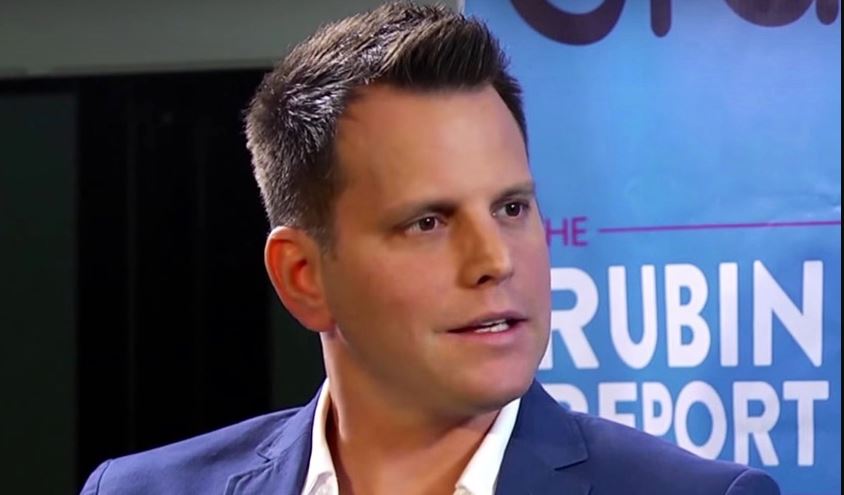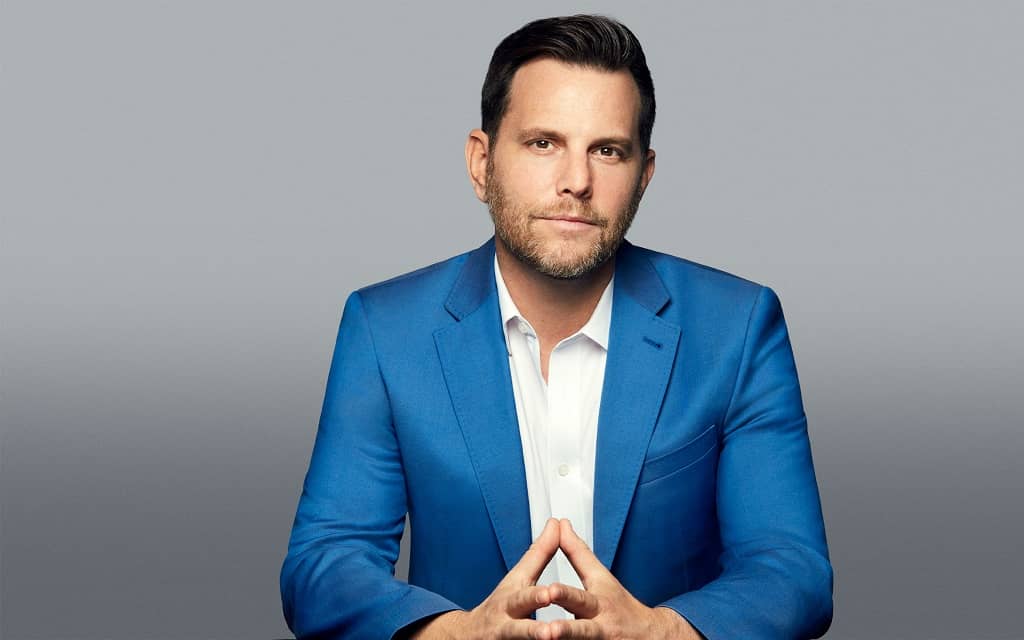Current News on Dave Rubin: A Comprehensive Overview
Dave Rubin, a prominent political commentator, comedian, and host of The Rubin Report, has recently been at the center of significant news coverage. His involvement in a federal investigation concerning alleged Russian influence operations has drawn considerable attention. This article aims to summarize the latest developments surrounding Rubin, including his background, the allegations against him, and the broader implications of these events.
Who is Dave Rubin?
Dave Rubin is a New York Times bestselling author and a well-known figure in the realm of political commentary. He began his career in comedy before transitioning to political discourse, launching The Rubin Report in 2012. The show has since gained a substantial following, boasting over 2.5 million subscribers on YouTube. Rubin is recognized for his libertarian-conservative views and has positioned himself as a leading voice in the right-wing media landscape.
The Tenet Media Indictment
Recent news reports have highlighted Rubin's name in connection with the Tenet Media indictment, which alleges that the company was involved in a scheme to funnel Russian money to various right-wing influencers, including Rubin. The U.S. Department of Justice has accused Tenet Media of being a front for Russian propaganda efforts aimed at influencing American politics, particularly in the lead-up to the 2024 presidential election.
Key Allegations
Russian Funding: Reports indicate that Rubin, along with other influencers like Tim Pool and Benny Johnson, received payments from Tenet Media, which is believed to have ties to the Russian government. This funding is alleged to have been part of a broader strategy to disseminate pro-Russian narratives in the U.S.
Victim Claims: Many of the influencers involved, including Rubin, have publicly stated that they were unaware of the funding's origins and consider themselves victims of a larger scheme. They argue that they were misled about the nature of the media company and its affiliations.
Federal Investigation: The investigation into Tenet Media has raised questions about the extent of foreign influence in American media and the potential implications for free speech and political discourse. The indictment has sparked a debate about the responsibilities of influencers and the ethical considerations surrounding their funding sources.
Recent Developments

Media Coverage
The news surrounding Rubin has been widely covered across various platforms, including:
- CBS News reported on the allegations, emphasizing the involvement of multiple right-wing personalities and the implications of foreign funding in U.S. politics.
- USA Today provided insights into the backgrounds of the influencers linked to the indictment, highlighting their claims of victimhood.
- The Washington Post explored the internal dynamics of Tenet Media and the reactions from its influencers regarding the allegations.
Rubin's Response
In light of the allegations, Rubin has taken to social media and his platform to address the situation. He has expressed his shock at the claims and reiterated his stance that he was unaware of any wrongdoing. Rubin's response has been characterized by a mix of defiance and a call for transparency in the investigation.
Public Reactions
The public's reaction to the news has been polarized. Supporters of Rubin argue that he is being unfairly targeted due to his political beliefs, while critics contend that the allegations highlight a troubling trend of foreign interference in domestic politics. The situation has ignited discussions about the role of social media influencers in shaping public opinion and the ethical implications of their funding sources.
Broader Implications
The unfolding events surrounding Dave Rubin and the Tenet Media indictment raise critical questions about the intersection of media, politics, and foreign influence. As the investigation continues, it is essential to consider the following implications:
Influencer Accountability: The case underscores the need for greater accountability among social media influencers regarding their funding and affiliations. As public figures, they have a responsibility to disclose potential conflicts of interest and the sources of their financial support.
Foreign Influence in Media: The allegations against Tenet Media highlight the ongoing concerns about foreign interference in American politics. This situation serves as a reminder of the vulnerabilities within the media landscape and the potential for manipulation by external actors.
Impact on Political Discourse: The revelations may have lasting effects on political discourse in the U.S. If influencers are found to have knowingly participated in a foreign influence operation, it could lead to a loss of trust among their audiences and a reevaluation of the credibility of right-wing media.

Conclusion
As the investigation into Tenet Media and its alleged connections to Russian funding unfolds, Dave Rubin remains a central figure in this complex narrative. His background as a political commentator and the implications of the allegations against him highlight the intricate relationship between media, politics, and foreign influence. The coming weeks will likely bring further developments, and the outcomes of this case could have significant ramifications for the future of political commentary and media integrity in the United States.
For those interested in following the latest updates on Dave Rubin, you can find more information through various news outlets and his official platforms, including The Rubin Report on YouTube and his personal website.





